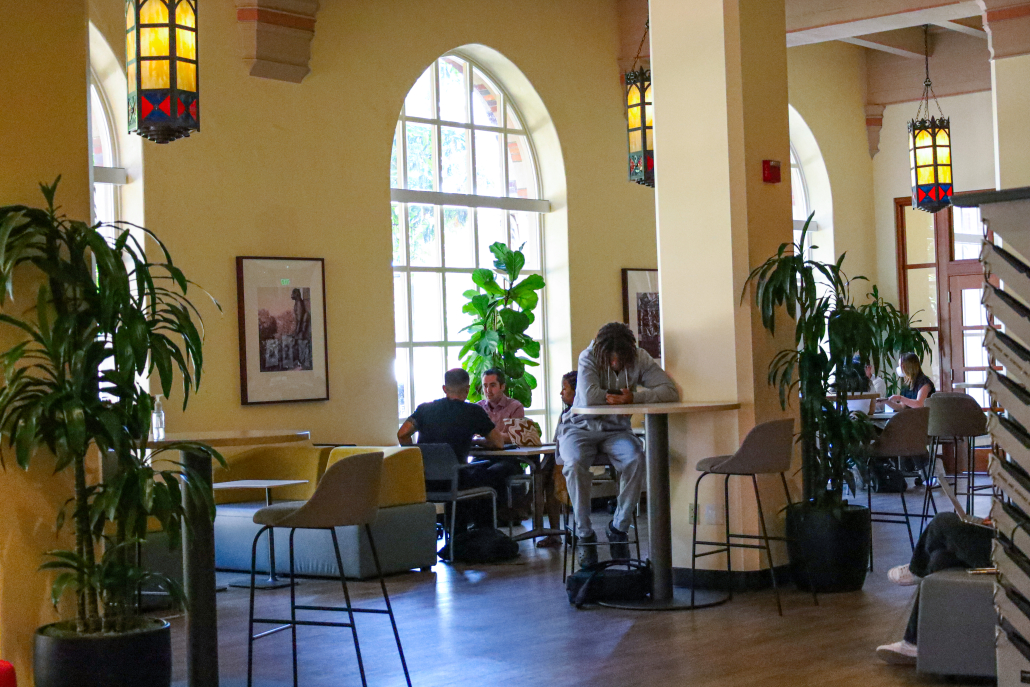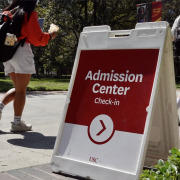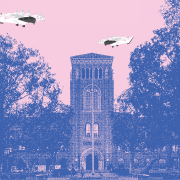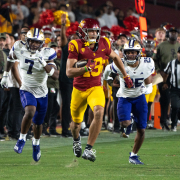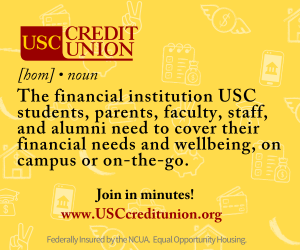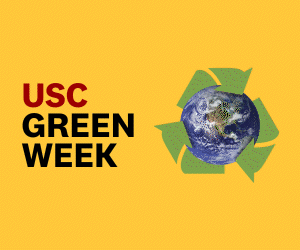After an 18-month-long period, the University finalized the transition from several career service management tools to Handshake — a website where students can find jobs and internships — on July 1. Now, students can create appointments with a career center adviser, browse through various digital resource libraries and register for career events online exclusively through Handshake.
While some schools — such as the Marshall School of Business and the Price School of Public Policy — already switched to Handshake years ago, July 1 marked the official transition date for eight schools and the University-wide career center.
Last spring, the University was using a total of four separate career service management tools. Recognizing the inefficiencies in this system, the career service leaders from every single school department — nearly 60 people in all — sat down one day in June 2023 for a day of brainstorming according to Laura Denbow, the interim executive director for the University’s career centers.
Daily headlines, sent straight to your inbox.
Subscribe to our newsletter to keep up with the latest at and around USC.
“We realized that the splintering wasn’t being very student-centric, it was not being employer-centric, it wasn’t being fiscally responsible and we had an opportunity to revisit how we wanted to share career information with the ’SC population,” Denbow said.
After months of searching and testing, the decision was made to move forward with Handshake — resulting in over $50,000 in savings, according to Denbow.
Zack Rigney, an adviser at the Annenberg School for Communication and Journalism’s Career Center, said the old system was slow and difficult to navigate. Tasks such as pulling reports were challenging, he said.
“We were all unanimous in that we need a new system,” Rigney said.
Students don’t have to create a new account with Handshake; they can sign in through their University email. Students are now able to view events being hosted by a school’s career center outside their own, but may not sign up for them.
“[I think] if you want to look at Annenberg’s resources you can,” said Tiffany Nguyen, a junior majoring in political science. “It makes no difference to have those opportunities available for everyone because we should be more equitable.”
Employers will still be able to retain the ability to target specific students or make their information sessions, events and job posts only discoverable to students in a specific major if they so choose.
“That was politically really important for us to do because [each school in the University has] their brand and we want to respect the brand, but we also want to leverage the USC brand,” Denbow said. “We want to give students access to more, not less, opportunities.”
A new feature offered by Handshake is automated company collections, which is a list of top employers and specific jobs for students within a specific school. However, Erika Rodriguez, USC’s associate director of employer engagement, said the collections system will be overhauled by Handshake to allow the schools themselves to have the ability to make their own collections and to make them more school-specific.
“We wanted to democratize these opportunities in response to employers wanting great talent,” Denbow said. “The linear connection between major and opportunity is not as linear as you might think.”
The University has already put Handshake to use, such as during the on-campus job fair, which was held Aug. 23 on Trousdale Parkway. Rodriguez said the University has historically faced challenges with attempting to learn just how many students attend the job fair, as the job fair does not require a sign-in. But this year, thanks to Handshake, every booth had a special QR code students could scan to indicate their interest to a company’s representatives and upload their resume to them.
“By having the QR code up front, I could say to the students, ‘You will be acknowledged for coming to this table,’” Denbow said. “The agencies liked it because they got to see the students who showed interest and follow up with them instead of relying on a piece of paper.”
Over 1,800 students officially checked in at the job fair check-in booth, and there were over 8,000 check-ins at all the employer booths in total. Having access to this data will allow the University to better plan these events, Rodriguez said. For example, moving forward, the Keck School of Medicine’s booth will be moved to the edge of the job fair as their booth was extremely popular, as indicated by the Handshake data.
A key goal of the career center’s switch over to Handshake is to build a stronger ecosystem of alumni, employers and students.
“We build a community within the system that literally takes us from cradle to grave and womb to tomb and leverages the Trojan Family in the way that we were all told it exists,” Denbow said.
Lauren Curtis, a junior majoring in political science, said Handshake is easier to use than connectSC — the USC career service management tool — in terms of finding jobs and internships.
“One thing that I particularly searched for was political science internships,” Curtis said. “You couldn’t search for that [on connectSC]. You had to search for government jobs, which wasn’t always the same thing … With connectSC you had to put more general [terms] and it was hard to specify what you wanted.”
A longer-term goal is to pull data from Handshake and the summer experience survey — a survey that asks detailed questions about students’ job or internship search process — to create scattergrams showing how long it took for students to find internships or jobs in a particular industry.
“We did this exercise to change a culture where it is okay to celebrate big,” Denbow said. “We could have made a decision pretty quickly about a technology, but technologies are going to come and go. But developing trust among the schools in the [career centers] about how can we serve students, alums, and employers best [is most important].”

